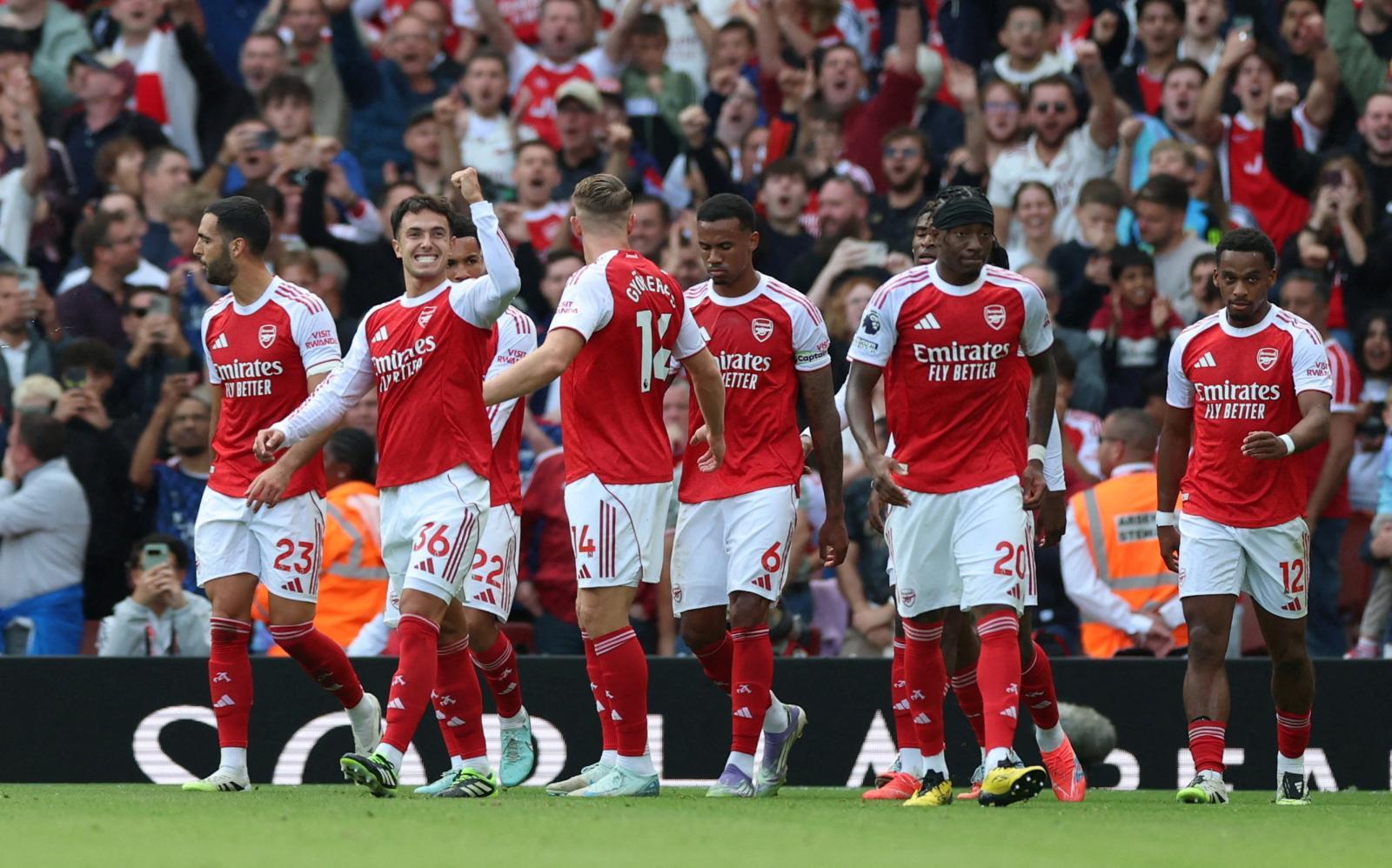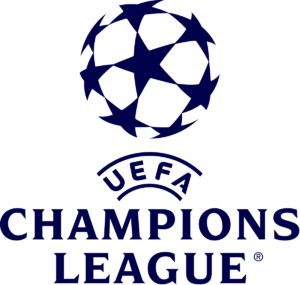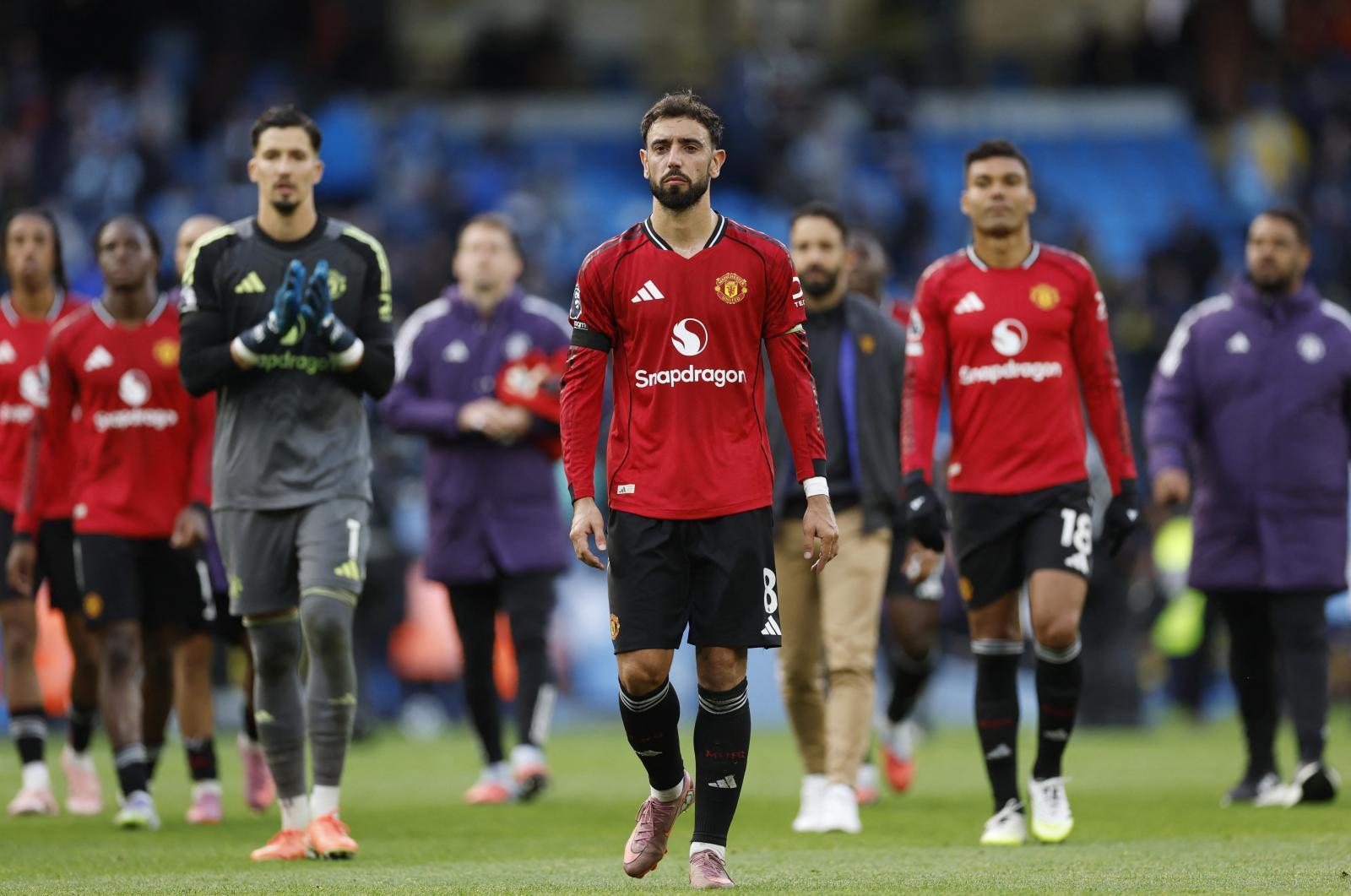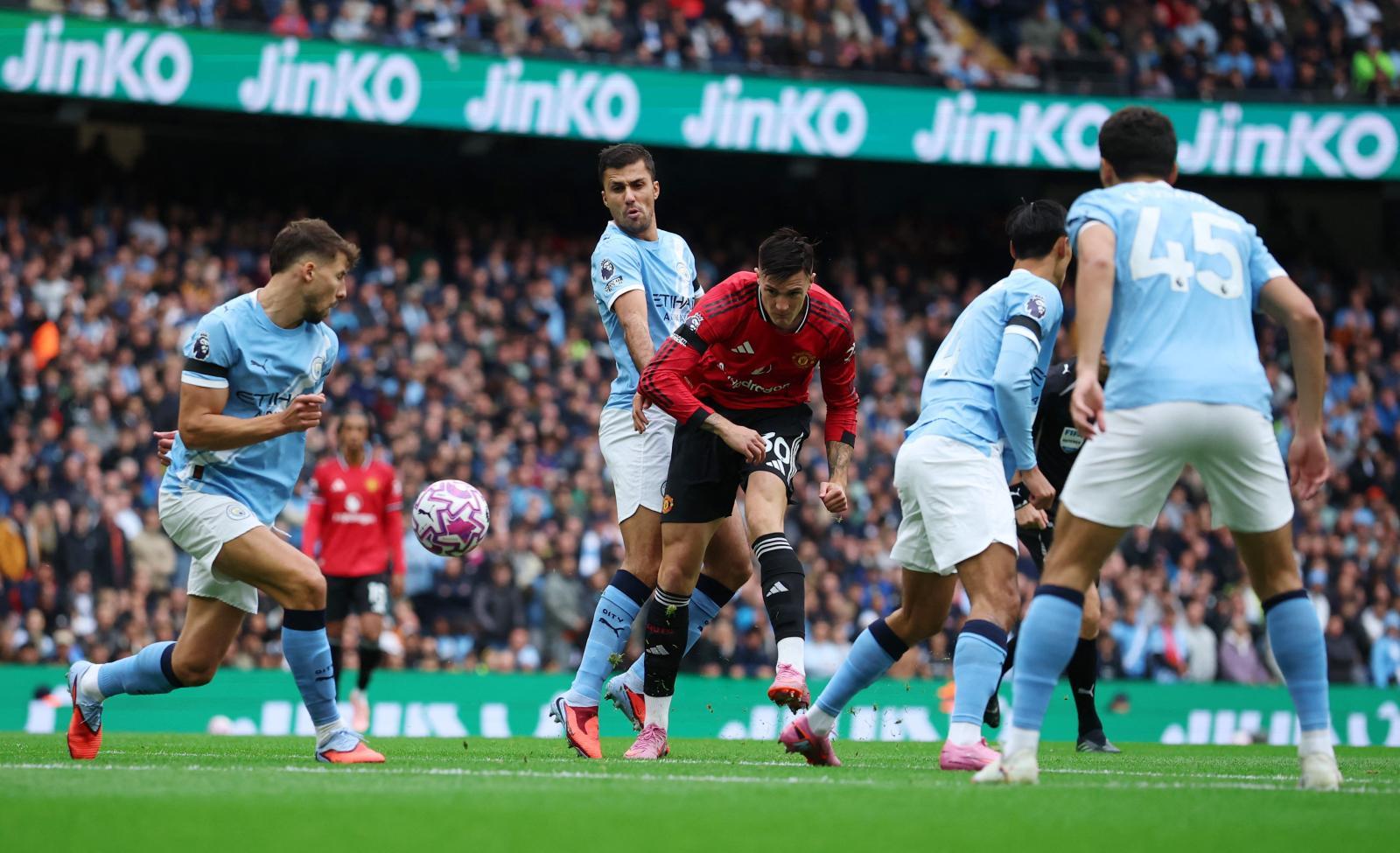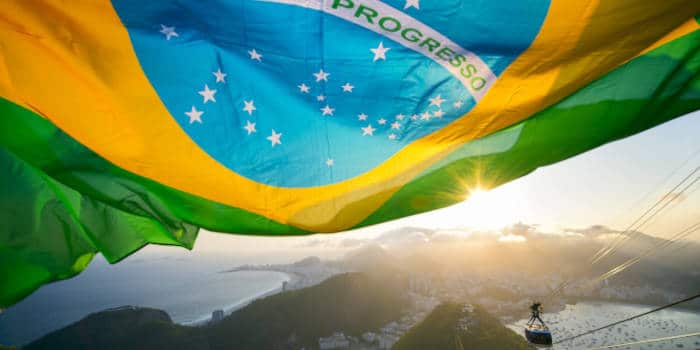
Brazil Introduces Selective Tax on Gambling Industry
In a move to regulate the gambling sector and eliminate black market operations, Brazil’s government has implemented new gambling rules and introduced a selective tax that will target industries considered harmful, including gambling. This selective tax, often referred to as the “sin tax,” was approved in December 2024 and is set to take effect in 2026.
The introduction of this tax has raised concerns among industry stakeholders, including Regis Dudena, the head of the Secretariat of Prizes and Bets (SPA) under the Ministry of Finance. Dudena highlighted the complexities that the tax reform might bring to Brazil’s newly regulated gambling market, which officially launched on January 1, 2025.
Impact on the Industry
With the implementation of the sin tax, various items such as alcoholic beverages, cigarettes, and betting in brick-and-mortar and online venues, including fantasy sports betting, will be subject to taxation. The Chamber of Deputies’ working group on tax reform has also recommended adding new categories such as electric vehicles, sports betting, fantasy games, and lotteries to the list of taxable items.
Fears of Retroactive Taxation
One of the main concerns surrounding the new tax is the possibility of retroactive taxation. There are speculations that the government may backdate the tax to 2018, the year when sports betting was legalized by the National Congress. This could pose a financial burden on operators who have recently entered the market.
Dudena emphasized the importance of evaluating the tax’s impact on the regulated market and addressing any outstanding tax obligations. He stressed the need for a healthy and sustainable growth of the industry, ensuring that the tax system supports its development.
Regulated Gambling Industry in Brazil
As of 2025, Brazil’s regulated gambling industry has seen significant growth, with 66 operators receiving licenses and a 12.5% gross gaming revenue (GGR) tax rate imposed on license holders. Major operators such as Superbet, BetMGM, Betsson, and bet365 have already obtained licenses to operate in the country.
In December, the SPA announced the granting of full authorizations to 71 businesses that applied for federal online gambling licenses, signaling a positive outlook for the regulated gambling market in Brazil.
Overall, the introduction of the selective tax on the gambling industry in Brazil marks a significant step towards regulating the sector and promoting responsible gambling practices.
การเสริมสร้างกฎหมายเกี่ยวกับการพนันในบราซิล
การใช้ภาษีเฉพาะทางเป็นอีกวิธีหนึ่งที่ช่วยในการควบคุมภาคการพนันและกำจัดการดำเนินงานในตลาดมืดในบราซิล รัฐบาลของบราซิลได้นำกฎหมายใหม่เกี่ยวกับการพนันและในการนี้ได้ใช้ภาษีเฉพาะทางเพื่อเป้าหมายที่จะจัดการกับธุรกิจที่ถือว่าเป็นอันตราย ภาษีเฉพาะทางนี้ที่เรียกอีกอย่างว่า “ภาษีบาป” ได้รับการอนุมัติในเดือนธันวาคม พ.ศ. 2567 และจะเริ่มมีผลในปี พ.ศ. 2568
ผลกระทบต่อธุรกิจ
ด้วยการใช้ภาษีบาป รายการต่าง ๆ เช่น เครื่องดื่มแอลกอฮอล์ บุหรี่ และการเดิมพันในสถานที่ประกอบการและออนไลน์ รวมถึงการเดิมพันกีฬาแฟนตาซี จะต้องเสียภาษี กลุ่มงานที่ทำงานกับการปรับปรุงภาษีของตุลาการได้แนะนำการเพิ่มหมวดหมู่ใหม่ เช่น ยานพาหนะไฟฟ้า การเดิมพันกีฬา เกมแฟนตาซี และการสลากออนไลน์ ลงในรายการสิ่งที่ต้องเสียภาษี
ความกังวลเกี่ยวกับภาษีย้อนหลัง
หนึ่งในปัญหาหลักที่เกี่ยวกับภาษีใหม่คือความเป็นไปได้ที่จะมีการเรียกเก็บภาษีย้อนหลัง มีความคาดเดาว่า รัฐบาลอาจจะนำภาษีย้อนหลังกลับไปถึงปี พ.ศ. 2561 เป็นปีที่การเดิมพันกีฬาได้รับการกฎหมายโดยรัฐสภา สิ่งนี้อาจสร้างภาระการเงินต่อผู้ประกอบการที่เพิ่งเข้าสู่ตลาด
ดูเดนาเน้นความสำคัญของการประเมินผลกระทบของภาษีต่อตลาดที่ได้รับการควบคุมและใช้อภิสัยภาษีที่เหลือให้แก้ไขปัญหากงอย่างจำเพาะ โดยเขาย้ำว่าจำเป็นต้องมีการเติบโตที่มีสุขภาพและยั่งยืนของอุตสาหกรรม โดยให้ระบบภาษีสนับสนุนการพัฒนาของตลาด
อุตสาหกรรมการพนันที่ได้รับการควบคุมในบราซิล
จากปี 2568 อุตสาหกรรมการพนันที่ได้รับการควบคุมของบราซิลได้รับการเติบโตอย่างมีนัยสำคัญ มี 66 ผู้ประกอบการรับใบอนุญาตและมีอัตราภาษีรายได้จากการเล่นเกมทั้งหมดอยู่ที่ 12.5% ที่ต้องชำระแก่ผู้ถือใบอนุญาต ผู้ประกอบการใหญ่เช่น Superbet, BetMGM, Betsson และ bet365 ได้รับใบอนุญาตให้ทำธุรกิจในประเทศ
ในเดือนธันวาคม SPA ได้ประกาศการให้สิทธิเต็มรูปแบบถึง 71 ธุรกิจที่ยื่นขอใบอนุญาตการพนันออนไลน์จากรัฐบาล นี้เป็นสัญญาณเชิงบวกต่อการเติบโตของตลาดการพนันที่ได้รับการควบคุมในบราซิล
โดยรวมการนำเข้าภาษีเฉพาะทางต่ออุตสาหกรรมการพนันในบราซิลเป็นขั้นตอนที่มีความสำคัญในการควบคุมส่วนต่าง ๆ และส่งเสริมการพนันที่มีความรับผิดชอบ






